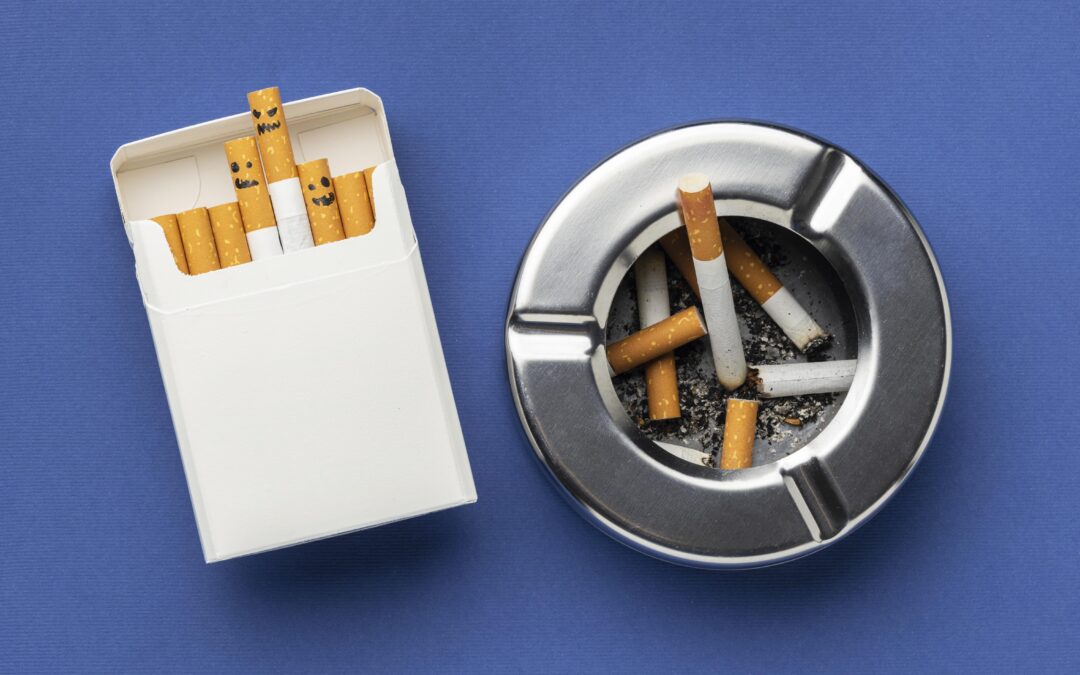Tobacco companies once had a strong track record of defeating lawsuits related to smoking and lung cancer, but recent litigation has started to turn the tide. For decades, consumers struggled to hold tobacco companies accountable, but thanks to new legal strategies and compelling evidence, plaintiffs have begun to see success in their claims. These lawsuits often focus on product defects and misleading marketing practices, holding manufacturers responsible for the harm caused by their products.
Early Tobacco Litigation: Facing Defeats
In the 1950s, the first wave of lawsuits against tobacco companies focused on claims of negligence, strict liability, and consumer protection law violations. Plaintiffs argued that cigarettes were unreasonably dangerous and that tobacco companies failed to adequately warn consumers of the risks. However, the tobacco industry effectively defended itself by claiming that there wasn’t enough evidence to directly link smoking to cancer and that consumers assumed the risk by choosing to smoke. As a result, most early lawsuits ended in defeat for consumers.
Renewed Efforts in the 1980s
During the 1980s, plaintiffs shifted their focus toward failure to warn claims, emphasizing the addictive properties of cigarettes and the known health risks. While this strategy led to some lower court victories, tobacco companies generally prevailed on appeal, arguing that federal regulations preempted state laws related to cigarette advertising. Despite some progress, consumers faced uphill battles in court.
Cipollone v. Liggett Group: A Key Decision
The U.S. Supreme Court’s decision in Cipollone v. Liggett Group marked a turning point. The court ruled that while consumers couldn’t sue cigarette companies solely for failing to warn about the dangers of smoking, they could pursue claims that manufacturers made fraudulent or misleading statements in their advertising. This case set the stage for more successful litigation in the future.
A Shift in the 1990s: New Evidence and Major Settlements
In the 1990s, new evidence revealed that tobacco companies had long been aware of the health risks associated with smoking. Armed with this information, states and consumers filed lawsuits against tobacco companies, arguing that their products placed a significant burden on public health systems. These cases ultimately led to the Master Settlement Agreement with four major tobacco companies, which included:
- Restrictions on advertising to minors
- Modifications to cigarette marketing practices
- Payments of hundreds of billions in compensation to states for smoking-related healthcare costs
This agreement not only secured compensation but also led to the creation of the National Public Health Foundation, aimed at combating youth smoking and smoking-related diseases.
2000s: Individual Lawsuits and Punitive Damages
In the early 2000s, some consumers won significant victories in lawsuits against tobacco companies, securing massive jury verdicts that included punitive damages for the intentional concealment of smoking’s health risks. While many of these large verdicts were reduced or appealed, plaintiffs showed that tobacco companies could be held accountable. Class action efforts, however, remained largely unsuccessful.
Light Cigarettes: Misleading Advertising Claims
A recent wave of lawsuits has focused on light cigarettes, which many consumers believe to be safer than regular cigarettes. In reality, the term “light” refers to the flavor, not the health risks. Consumers have successfully argued that the advertising for light cigarettes violated state consumer protection laws. While manufacturers have claimed that federal law preempts these claims, the U.S. Supreme Court has disagreed, allowing these lawsuits to move forward. Plaintiffs still need to prove that the advertising misled consumers and violated consumer protection laws.
How LawyerUp.AI Can Help
Taking on large corporations, like tobacco companies, can be a daunting task, but having the right legal strategy makes all the difference. LawyerUp.AI doesn’t just match you with a lawyer — it uses AI to meticulously build the best arguments for your case, ensuring every legal angle is covered. With our platform, you’ll be paired with an attorney skilled in navigating complex product liability lawsuits, focused on maximizing your compensation. Whether you’re dealing with fraudulent advertising claims or defective products, LawyerUp.AI ensures you’re fully prepared to take on the toughest legal battles while securing the highest financial outcome possible.

